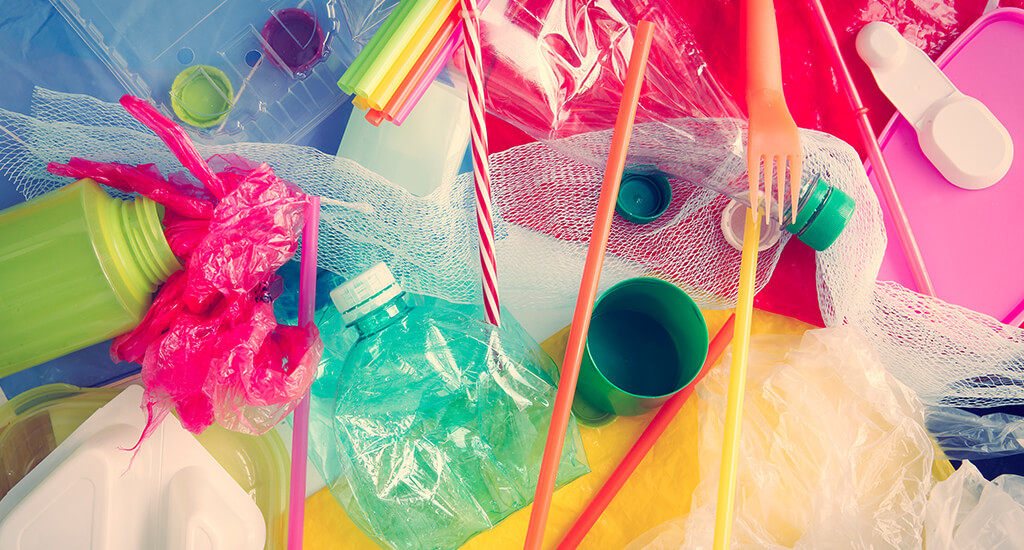single-use

single-use – aggettivo
There is no doubt that single-use plastics are a major source of pollution.
The Council decided to draft a city ordinance banning the distribution of single-use plastic bags.
The waste involved in these single-use plastic bottles is astounding.
La plastica single-use è, come dice la parola, monouso. Paradossale, no? un materiale inventato per durare tutta la vita è utilizzato per confezioni e prodotti usa e getta (cannucce, piatti e posate, nettaorecchie, salviette umidificate ecc.), dal ciclo vitale brevissimo… A causa all’incuria umana la plastica monouso finisce in mare dove costituisce vere e proprie isole galleggianti; inquina le acque e si accumula sulle spiagge del mondo; danneggia la flora e la fauna marine ed entra infine nella catena alimentare dell’uomo.
Certo, ci sono numerosi oggetti di plastica monouso che svolgono una funzione essenziale, pensiamo al campo della medicina e della ricerca scientifica; ma per la maggior parte dei prodotti di plastica usa e getta esistono valide alternative a un costo accessibile.
Di plastica e dei danni che essa causa si è parlato talmente tanto che il dizionario Collins ha scelto single-use come parola dell’anno 2018.
Origini del termine
Single-use è un aggettivo composto da single e use comparso verso la metà del XX secolo.
Traduzione di Loredana Riu
single-use – adj
There is no doubt that single-use plastics are a major source of pollution.
The Council decided to draft a city ordinance banning the distribution of single-use plastic bags.
The waste involved in these single-use plastic bottles is astounding.
Single-use plastics are, as their name suggests, plastic items that are manufactured and sold to be used only once. They range from plastic straws, cups and bags to cotton buds, plastic food wrap and cleansing wipes. Collectively they are blamed for problems ranging from the creation of floating islands of plastic in the world’s oceans, which harm sea creatures and enter the food chain, to the fatbergs that lurk in the sewers beneath many of our cities. In the case of the latter, although their main component is the cooking fat that we heedlessly pour down the drain, their ability to cling together and grow to great size is attributed in part to another habit we must learn to break, that of flushing wet wipes, sanitary products and even nappies down the toilet.
Of course single-use items fulfil essential functions in many areas of our lives beyond the domestic sphere, such as medicine and scientific research, and no one is suggesting that such uses can or should be eliminated.
So prominent has the topic of single-use products and the harm they cause that Collins Dictionaries chose the term as its 2018 Word of the Year.
Origin
Single-use is a compound adjective formed from two of the most frequent words in English, single and use. Its first recorded use dates from the mid 20th century.



